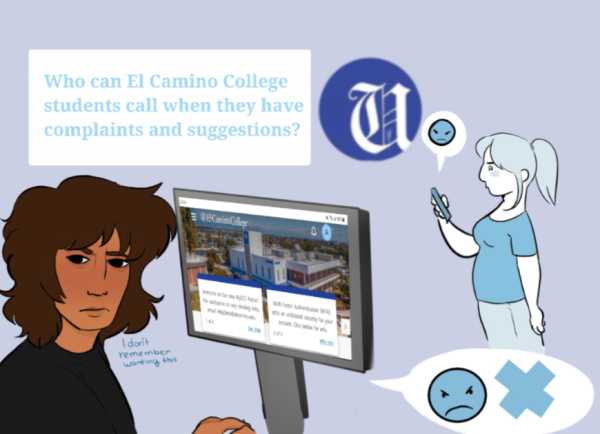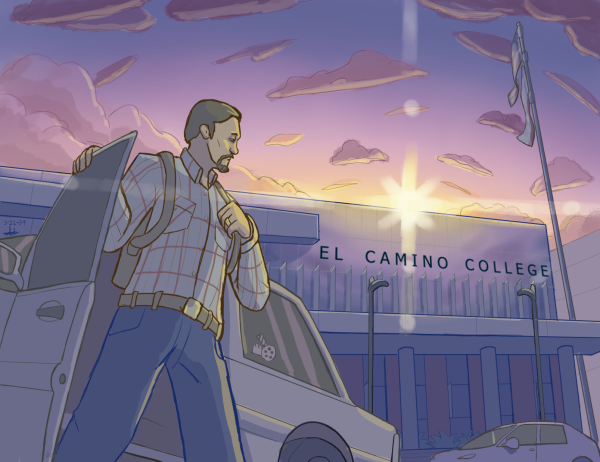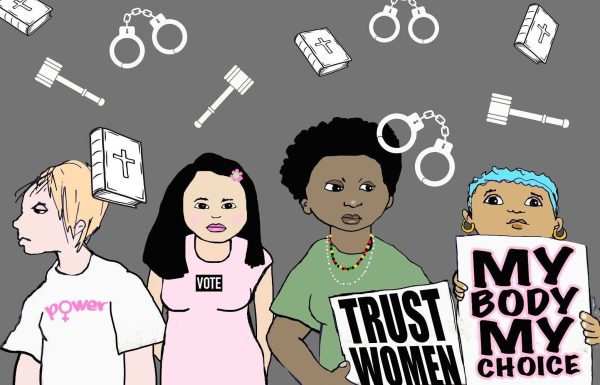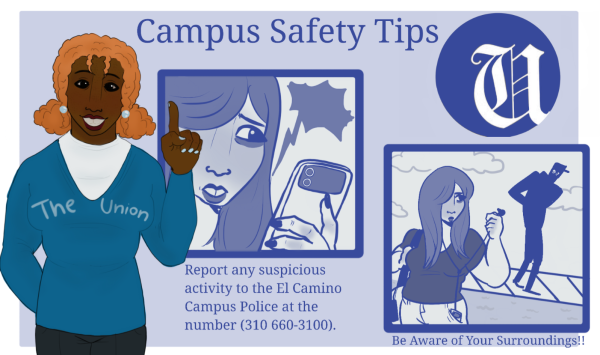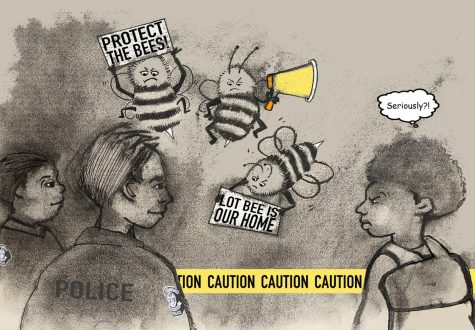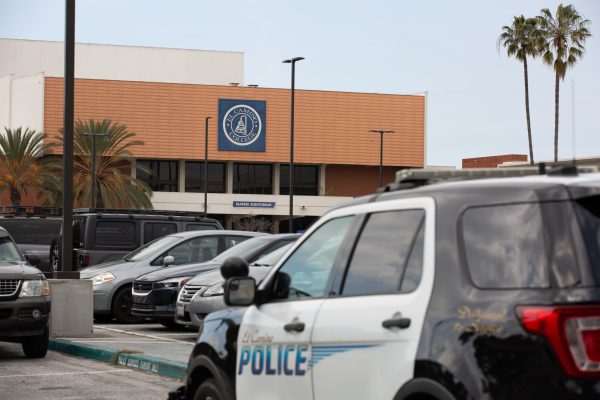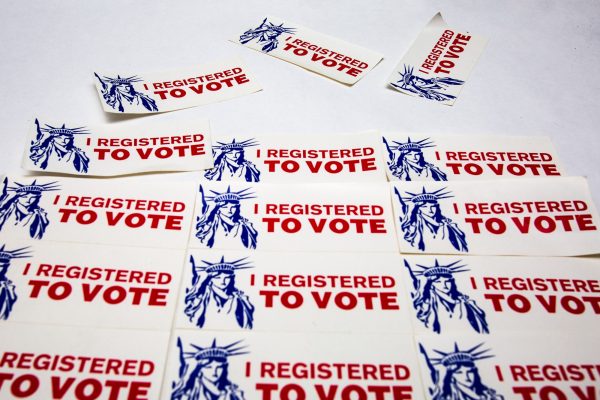Should we pay for "W's"? YES
Community colleges run on money and there is no way around it.
That is why students must pay for their classes, whether they complete the course or not.
It would be wonderful if education was free and colleges never had to worry about collecting money, but money is necessary to keep lights on, to upgrade computers and to pay other necessary expenses like employee wages.
Even though some may think that it should, the electric company is not likely to provide power service for free. The same could be said for instructors, no matter how dedicated they are, even the best professors will not teach for free, whether they want to or not-they have bills to pay just like everyone else.
Our modern world revolves around a system of money, and without money, very little can happen.
Because of this system, EC must make sure that it collects fees on any and all class sections that a student has enrolled in, even if that student withdraws in the middle of the semester.
If it does not, the college begins to lose money. If the college loses money, classes get cut, lab hours are shortened or suspended and staffing is reduced–which is already happening now because of state budget cuts.
To combat this situation from getting worse, EC requires that students pay for their classes before they can drop and receive a “W”. As further incentive to get students to pay up, dropped classes have an “F” on record.
Without this incentive, it is doubtful that any dropped courses would be paid for because people do not easily part with money unless there is some large personal consequence, like that potentially devastating F on their transcript.
Classes, even when only completed in part, are a service rendered and need to be paid for. When they are not paid for it is theft.
At restaurants, people must pay for their entire plate of food regardless of how much of it they actually eat. The restaurant cannot take back left over food and give it to someone else.
If a patron were only required to pay for the one taco they ate from their combination plate and not the enchilada that came with it, the restaurant would be out the cost of that enchilada–even though it is still there, the establishment cannot do anything with it other than throw it away.
If this happened repeatedly, the restaurant would close and no one would be able to be served there again.
Education is the same way. Once someone has taken a certain percentage of a class and then discarded it, that class can not be given to someone else.
When students do not pay for the partially completed classes when they drop them, the college is not only out student fees, but also state funding.
The state looks at the number of students enrolled in each class section and from that number decides how much funding the college gets for its course offerings.
The effects of a large and sudden drop could be devastating to the way colleges receive funding.
When students drop, they are no longer counted for funding, and without funding colleges die.
Education has a price we all must pay.
Many people do not realize that their avoidance of paying fees actually affects the entire EC system.
When people get word that a friend got away with not paying fees, they do not want to pay fees either.
Eventually this can spread through the student body and no one will be willing to pay for their classes. With no one paying for classes, the college will not be able to run and it will eventually close.This is why EC is so strict about enforcing payment on dropped classes.
We already face money problems at EC with state budget cuts, and having people not paying for partially completed classes only makes this problem worse.
As students wait until the last day, May 16, to walk to the cashier’s office to pay for classes they should consider the materials they have already consumed before complaining as to why they have to pay.


